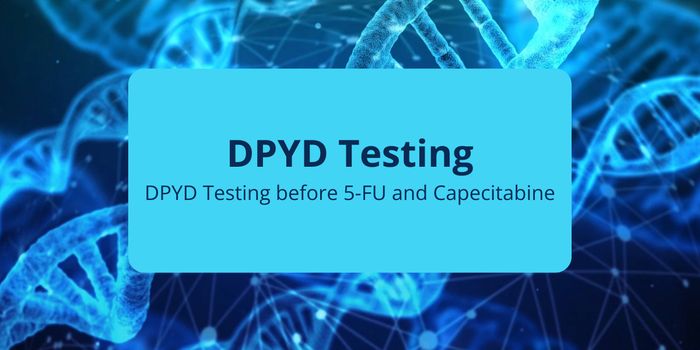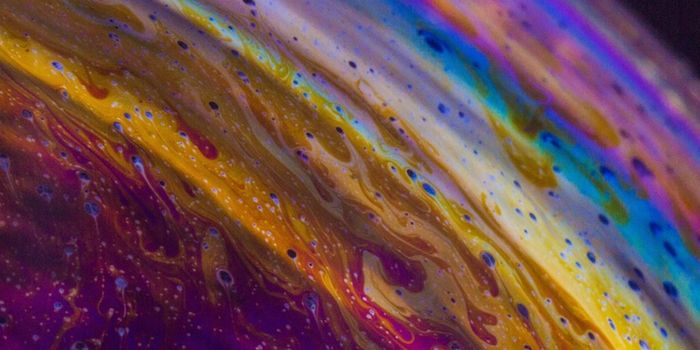Space has an 'Explosive' Effect on Gene Expression
Over the past year, findings from a Twins Study by NASA have been revealed. Twins enable compelling research because of their shared genetic identity, and there was a unique opportunity to take advantage of their biology. With the help of the Kelly twins, both former astronauts, NASA has found that a journey in space travel can alter the modification of genes and gene expression in people.
“Some of the most exciting things that we’ve seen from looking at gene expression in space is that we really see an explosion, like fireworks taking off, as soon as the human body gets into space,” said the Principal Investigator of the Twins Study, Chris Mason, Ph.D., of Weill Cornell Medicine. “With this study, we’ve seen thousands and thousands of genes change how they are turned on and turned off. This happens as soon as an astronaut gets into space, and some of the activity persists temporarily upon return to Earth.”
In March 2016, astronaut Scott Kelly returned to Earth and retired. The NASA Twins Study research was just ramping up, as investigators obtained samples from Scott and his twin brother, Mark Kelly who had stayed on Earth but is also a retired astronaut. The investigators then began to mine the data. Learn more about some of the findings from the video.
It was reported earlier this year that telomeres, which are the caps that protect the ends of chromosomes, were longer in Scott, who went to space. Scientists were surprised by that result, and the findings were confirmed by a second lab. “That is exactly the opposite of what we thought,” commented Susan Bailey, a radiation biologist at Colorado State University in Fort Collins. Interestingly, the telomere caps returned to pre-flight levels within a few months of being back o Earth. NASA has decided to follow up on that by looking at telomere length in other astronauts.
Another finding related to epigenetics, small modifications in our genome that happen during our lifetime and can be reversible. One common type of epigenetic modification, DNA methylation, went down in Scott and up in Mark over the study. The scientists are trying to figure out why that is.
“This study represents one of the most comprehensive views of human biology,” Mason said. “It really sets the bedrock for understanding molecular risks for space travel as well as ways to potentially protect and fix those genetic changes.”
Several other investigators have led studies that utilized data generated by the Kelly twins, some are still undergoing analysis. One investigation is looking at how certain lipids that are associated with inflammation change. Another research group has observed big changes in the microbiome, the microbes of the gastrointestinal tract, although those alterations were expected because the environments and diets of the twins were so different. Final results from this expansive work are expected next year.


![WGS for rare disease diagnosis [eBook]](https://d3bkbkx82g74b8.cloudfront.net/eyJidWNrZXQiOiJsYWJyb290cy1pbWFnZXMiLCJrZXkiOiJjb250ZW50X2FydGljbGVfcHJvZmlsZV9pbWFnZV84MmRlM2UyYjA5M2Q3ZTYwOTI3Zjc1YTRjOWU2N2RmMjkzMThjMTJkXzI1MDcucG5nIiwiZWRpdHMiOnsidG9Gb3JtYXQiOiJqcGciLCJyZXNpemUiOnsid2lkdGgiOjcwMCwiaGVpZ2h0IjozNTAsImZpdCI6ImNvdmVyIiwicG9zaXRpb24iOiJjZW50ZXIiLCJiYWNrZ3JvdW5kIjoiI2ZmZiJ9LCJmbGF0dGVuIjp7ImJhY2tncm91bmQiOiIjZmZmIn19fQ==)






